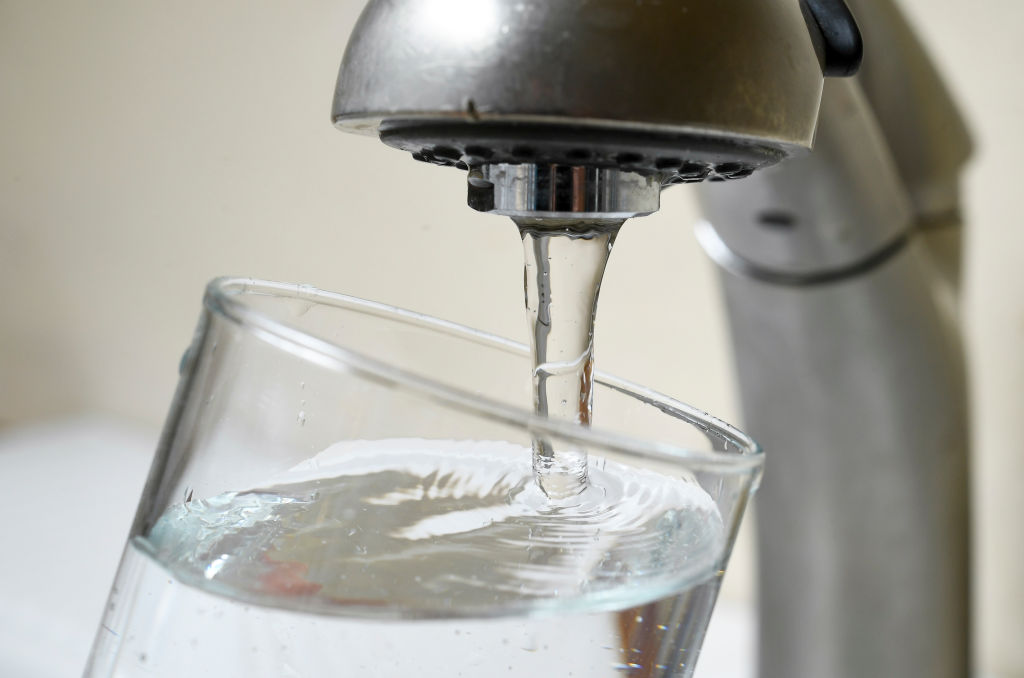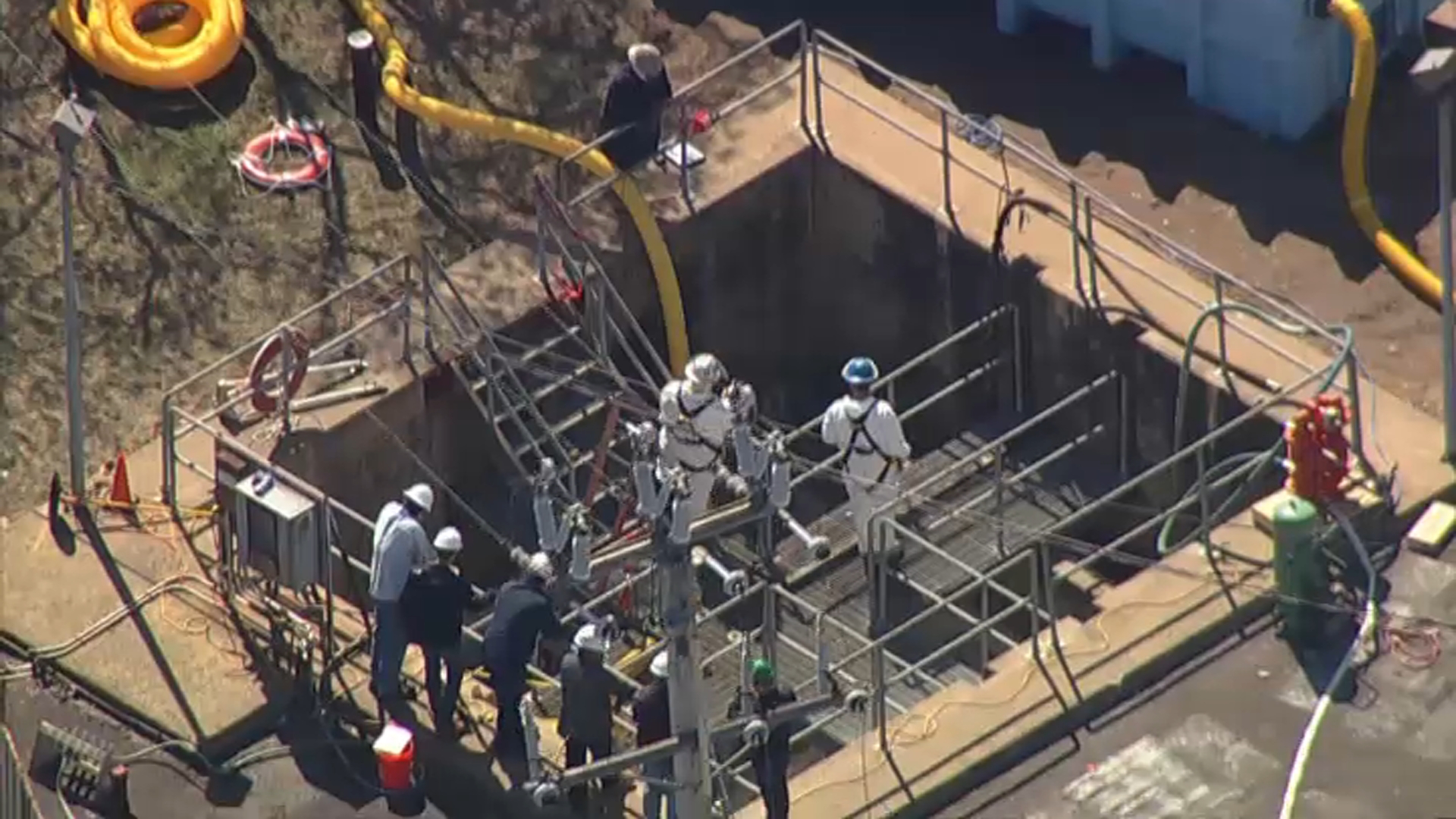What to Know
- Philadelphia gets its water from the Delaware and Schuylkill rivers. Since a recent chemical spill occurred in a tributary the Delaware River, neighborhoods that get their water from the Schuylkill are not impacted, according to the city.
- All tap water in Philadelphia is "safe to drink" through at least Tuesday at 3:30 p.m., the City said. City officials are continuing to monitor the situation and develop water distribution plans in case it becomes necessary.
- Some suburbs in Philadelphia and South Jersey get their water from the Delaware River, but officials say the drinking water has not been impacted by the spill. Delaware does not take in water directly from the Delaware River, so officials maintain that tap water there is safe to drink.
A chemical spill into the Delaware River has the potential to make the water in parts of Philadelphia unsafe to drink, according to officials at the Philadelphia Water Department. But not all of Philadelphia gets its water from the Delaware.
Find out where the water in your neighborhood comes from and what that means for the potential it's impacted by the spill.
Get top local stories in Philly delivered to you every morning. >Sign up for NBC Philadelphia's News Headlines newsletter.
Where do Philadelphia neighborhoods get their water?
The drinking water in Philadelphia comes from either the Delaware or Schuylkill rivers, depending on where you live. The chemical spill that occurred on March 24 happened in Otter Creek, a tributary to the Delaware River in Bristol Township, Bucks County.
Water from the Delaware River is treated at the Samuel S. Baxter plant, about 8 miles downriver from the Trinseo chemical plant where the spill took place.
The Philadelphia Water Department has three water treatment plants. The Baxter plant treats water from the Delaware, while the Queen Lane (East Falls) and Belmont (Wynnefield) plants treat water from the Schuylkill.
Check out this map from the Philadelphia Water Department to see which plant serves your neighborhood.

What neighborhoods could be impacted by the recent spill?
Another map released by the city shows what parts of the city are "potentially impacted" by the spill. The neighborhoods included in the potential impact zone include all of Northeast Philadelphia, Center City, Fishtown, South Philadelphia and other neighborhoods and much of North Philadelphia.
The same map shows parts of the city that receive their water from the Schuylkill River that are "not impacted" by the spill. This includes Southwest Philadelphia, West Philadelphia and neighborhoods in upper Northwest Philadelphia, such as Roxborough and Chestnut Hill.
You can continue to check out this map from the Philadelphia Water Department for the latest updates on which areas have the potential to be impacted. Tap water in the potentially impacted areas is "safe to drink" through at least 3:30 p.m. on Tuesday, the City said.
The city had not found any traces of contaminants in water samples from the river or the raw water basin as of Monday afternoon. Officials, however, were developing a water distribution plan that would be used if chemicals are found in the water.
Where do the Philadelphia suburbs get their water?
The utilities company Aqua services parts of Berks, Bucks, Chester, Delaware and Montgomery counties. It sources water from the Delaware and Schuylkill rivers, as well as other bodies of water throughout the state.
The company immediately shut down the intake to its Bristol water system after learning of the chemical spill on Friday. It has not reported finding any of the chemicals from the spill in its drinking water.
According to Aqua, the areas it services that have the potential to be affected by the spill include Bristol Borough, Bristol Township, Croydon and Lower Bensalem. Aqua's river water supply is located above the spill site and includes multiple local sources of water, which means it is unlikely to run out of its water supply while it is not taking water from the Delaware, according to the company.
Where does New Jersey get its water?
Burlington, Camden and Gloucester counties in New Jersey receive their water from the Delaware River Regional Treatment Plant through New Jersey American Water. The company told its customers that the water treated in that facility has not been impacted by the chemical spill and their water remains safe to drink.
The company asked customers in the three counties to limit non-essential water use until further notice to ensure the optimal operation of the water treatment plant.
Where does Delaware get its water?
Delaware's water treatment facilities do not take in water directly from the Delaware River, according to the state's Division of Public Health. Officials said the state's drinking water has not been impacted by the spill and they are continuing to monitor the situation.
Sign up for our Breaking newsletter to get the most urgent news stories in your inbox.



